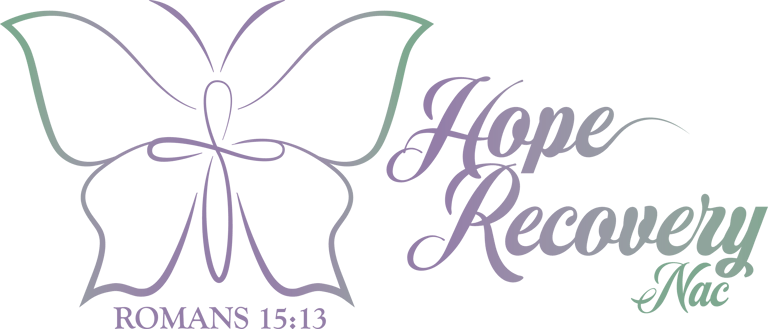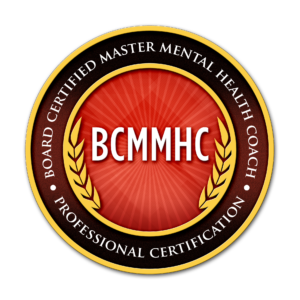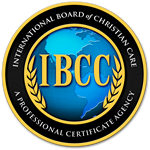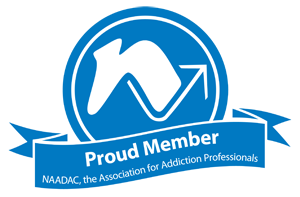Empowering Women on Their Path to Recovery
A Focus on Unique Challenges and Support
6/3/20244 min read


The journey to recovery from substance abuse or mental health issues is a deeply personal and often challenging process. For women, this journey can be particularly complex due to a range of unique challenges they face. Understanding these challenges and providing targeted support is crucial to empowering women on their path to recovery. Additionally, for many women, faith and spirituality play a significant role in their healing process, providing a source of strength, hope, and purpose.
Unique Challenges Faced by Women
1. Social and Cultural Expectations
Women often bear the brunt of societal and cultural expectations that dictate their roles as caregivers, nurturers, and maintainers of the household. These expectations can create immense pressure, leading to stress, anxiety, and sometimes, substance abuse as a coping mechanism. Furthermore, the stigma associated with addiction and mental health issues can be more pronounced for women, discouraging them from seeking help. According to a report by the National Institute on Drug Abuse (NIDA), women are more likely to encounter barriers such as stigma and lack of childcare when seeking treatment.
2. Trauma and Abuse
Many women in recovery have histories of trauma and abuse, including domestic violence, sexual assault, and childhood abuse. These experiences can significantly impact their mental health and substance use patterns. Addressing trauma is a critical component of effective recovery programs for women. According to the Substance Abuse and Mental Health Services Administration (SAMHSA), about 74% of women in substance use treatment report a history of sexual abuse, and 52% report a history of physical abuse.
3. Parenting and Childcare Responsibilities
Women with children face additional challenges when seeking treatment. Concerns about childcare, custody issues, and the fear of losing their children can prevent women from pursuing or completing recovery programs. A study by SAMHSA found that over 70% of women in treatment have children, highlighting the need for support systems that provide childcare services and parenting support.
4. Biological Differences
Biological differences between men and women can influence the progression of substance use disorders and their response to treatment. Women may develop substance dependencies faster and with smaller amounts of substances compared to men. These physiological differences necessitate gender-specific treatment approaches to effectively address women's unique needs. Research indicates that women progress from first use to dependence on substances such as alcohol, cannabis, and opioids faster than men—a phenomenon known as "telescoping".
5. The Role of Faith and Spirituality
For many women, faith and spirituality provide a crucial foundation during recovery. Belief in a higher power can offer comfort, strength, and a sense of purpose. Spiritual practices, such as prayer, meditation, and participation in faith-based community groups, can be instrumental in coping with the challenges of recovery. Studies have shown that spirituality and faith can significantly enhance the resilience and mental well-being of individuals in recovery, helping them to find meaning and maintain hope during difficult times.
Tailored Support for Women's Recovery
1. Gender-Specific Treatment Programs
Programs designed specifically for women can provide a safe and supportive environment where they feel understood and accepted. These programs often incorporate therapies that address trauma, provide parenting support, and build self-esteem. Research shows that women in gender-specific programs are more likely to complete treatment and maintain long-term recovery. A study published in the Journal of Substance Abuse Treatment found that women in gender-specific programs had a 50% higher completion rate than those in mixed-gender programs.
2. Trauma-Informed Care
Integrating trauma-informed care into recovery programs is vital for women who have experienced abuse and trauma. This approach recognizes the impact of trauma on an individual's mental health and substance use, ensuring that treatment environments are safe and do not re-traumatize patients. Trauma-informed care includes practices such as providing a sense of control and empowerment to the patient and fostering a supportive and non-judgmental atmosphere. According to SAMHSA, trauma-informed care can improve engagement, treatment adherence, and outcomes for women.
3. Comprehensive Support Services
Providing comprehensive support services, including mental health counseling, medical care, legal assistance, and childcare, can address the multifaceted needs of women in recovery. These services help to remove barriers that might otherwise prevent women from accessing or staying in treatment programs. A holistic approach that addresses both substance use and underlying issues can significantly enhance recovery outcomes. For example, a program offering integrated services reported a 68% increase in treatment retention rates among women.
4. Community and Peer Support
Building a strong support network is crucial for women in recovery. Peer support groups, mentorship programs, and community networks can provide the emotional and social support needed to sustain recovery. These connections offer a sense of belonging and encouragement, helping women to stay motivated and resilient on their journey. Studies have shown that women who participate in peer support groups have a higher likelihood of maintaining long-term sobriety.
5. Faith-Based Support
Incorporating faith-based support into recovery programs can be profoundly beneficial for women who draw strength from their spiritual beliefs. Faith-based programs often integrate religious teachings, spiritual counseling, and communal worship, providing a sense of belonging and a deeper sense of purpose. According to research, individuals who engage in faith-based recovery programs tend to have better outcomes, including higher rates of sobriety and improved mental health.
Conclusion
Empowering women on their path to recovery requires a nuanced understanding of the unique challenges they face and the development of tailored support systems. By addressing social and cultural pressures, providing trauma-informed care, offering comprehensive support services, and incorporating faith-based support, we can create a more inclusive and effective recovery landscape. Ultimately, empowering women in recovery not only benefits the individuals themselves but also strengthens families and communities as a whole.
References
National Institute on Drug Abuse. (2020). Women and Substance Use. Retrieved from NIDA.
Substance Abuse and Mental Health Services Administration. (2018). Guidance on Trauma-Informed Care. Retrieved from SAMHSA.
Office on Women's Health. (2021). Mental Health and Substance Use Disorders. Retrieved from Womenshealth.gov.
Harvard Health Publishing. (2017). The unique health needs of women with addiction. Retrieved from Harvard Health.
Büssing, A., Michalsen, A., Balzat, H. J., Grunther, R. A., Ostermann, T., & Matthiessen, P. F. (2009). Are spirituality and religiosity resources for patients with chronic pain conditions?. Pain Medicine, 10(2), 327-339.
Greenfield, S. F., Brooks, A. J., Gordon, S. M., Green, C. A., Kropp, F., McHugh, R. K., ... & Miele, G. M. (2007). Substance abuse treatment entry, retention, and outcome in women: A review of the literature. Journal of Substance Abuse Treatment, 32(1), 1-8.
SAMHSA. (2017). Gender-Specific Treatment and Comprehensive Services for Women. Retrieved from SAMHSA.
Grella, C. E. (2008). Gender-responsive drug treatment services for women: A summary of current research and policy directions. Journal of Substance Abuse Treatment, 34(1), 1-10.
Tracy, K., & Wallace, S. P. (2016). Benefits of peer support groups in the treatment of addiction. Substance Use & Misuse, 51(3), 303-310.
National Center on Addiction and Substance Abuse at Columbia University. (2001). So Help Me God: Substance Abuse, Religion and Spirituality. Retrieved from CASA.









